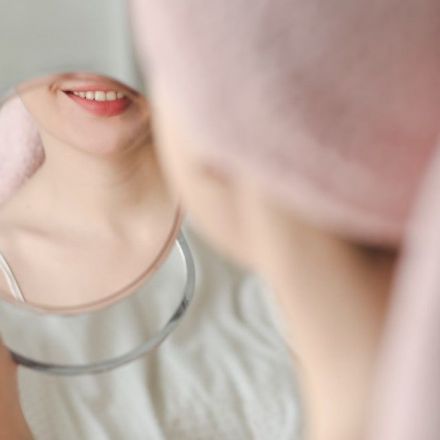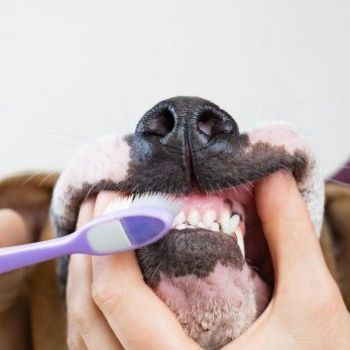10 best practices to take care of your teeth
A radiant smile not only enhances your appearance but also serves as an indicator of overall well-being.
-

-
A radiant smile not only enhances your appearance but also serves as an indicator of overall well-being. Maintaining optimal oral hygiene is paramount for the health of your teeth and gums, contributing to your confidence and overall health. As we delve into the ten best practices for optimal dental care, consider these habits as the cornerstone of a lifelong commitment to a healthy and beautiful smile. Whether you're seeking advice for yourself or your family, incorporating these practices into your daily routine will help you cultivate strong and resilient teeth. From brushing techniques to dietary choices, each practice plays a crucial role in preserving your oral health.
Brushing Technique and Frequency
Proper brushing technique is essential for effective plaque removal and preventing tooth decay. Choose a soft-bristled toothbrush to avoid damaging your enamel and gums, and brush your teeth at least twice a day – once in the morning and once before bedtime. Employ gentle circular or back-and-forth motions, ensuring that you reach all surfaces of your teeth. Consistency in your brushing routine is key to maintaining optimal oral health.
Selecting the Right Toothpaste
The choice of toothpaste can significantly impact your dental care routine. Opt for fluoride-containing toothpaste to strengthen enamel and prevent cavities. Depending on your specific needs, consider toothpaste with added benefits such as desensitizing agents or whitening properties. Consult with your dentist to determine the most suitable toothpaste for your individual oral health requirements.
Flossing Regularly
Flossing is a critical component of any comprehensive oral care routine. Floss daily to remove plaque and food particles from between teeth and below the gumline. Utilize proper flossing technique, gently sliding the floss between teeth without snapping it against the gums. This practice helps prevent gum disease and cavities in areas that your toothbrush might miss, contributing to a thorough oral hygiene routine.
Mouthwash for Added Protection
Incorporating mouthwash into your routine can provide additional protection against bacteria and cavities. Choose an antimicrobial or fluoride mouthwash and rinse your mouth after meals to help eliminate remaining debris and maintain fresh breath. Regular use of mouthwash complements brushing and flossing, offering a well-rounded approach to oral health care.
Balanced Diet for Dental Health
A balanced diet not only benefits your overall health but also plays a crucial role in dental wellness. Consume foods rich in vitamins and minerals, particularly calcium for strong teeth and bones. Limit the intake of sugary and acidic foods, as they contribute to enamel erosion and cavity formation. By making mindful dietary choices, you support both your general health and the longevity of your teeth.
Regular Dental Check-ups
Scheduling regular dental check-ups and cleanings is fundamental to preventive oral care. Biannual visits to the dentist allow for the early detection and prompt treatment of any dental issues. Work collaboratively with dental professionals at Forum Dentistry to create a personalized dental care plan tailored to your unique oral health needs. These routine check-ups are crucial for maintaining a healthy, vibrant smile throughout your life.
Hydration and Saliva Production
Staying hydrated is essential for maintaining optimal oral health. Drink plenty of water throughout the day to stimulate saliva production, which helps neutralize acids and protect teeth. Conversely, limit the consumption of acidic beverages like sodas and fruit juices, as they can erode enamel over time. Hydration not only benefits your overall well-being but also contributes to a healthy oral environment.
Protective Measures
Safeguarding your teeth against potential harm is a proactive approach to maintaining optimal dental health. If you engage in contact sports or activities, wear a mouthguard to prevent dental issues. Additionally, if you grind your teeth while sleeping, consider using a night guard to protect against enamel wear. These protective measures help preserve your teeth and prevent unnecessary damage.
Avoid Tobacco Products
Quitting smoking and avoiding tobacco products is a significant step toward ensuring your oral health. Tobacco use contributes to gum disease, tooth decay, and oral cancer. Seek support and resources to help you quit if needed, as eliminating tobacco products from your lifestyle positively impacts not only your dental health but your overall well-being.
Proper Toothbrush Care
The care and maintenance of your toothbrush are often overlooked but crucial for effective oral hygiene. Replace your toothbrush or toothbrush head every 3-4 months or sooner if bristles are frayed. Store your toothbrush in an upright position and allow it to air dry to prevent bacterial growth.





























Join the Discussion